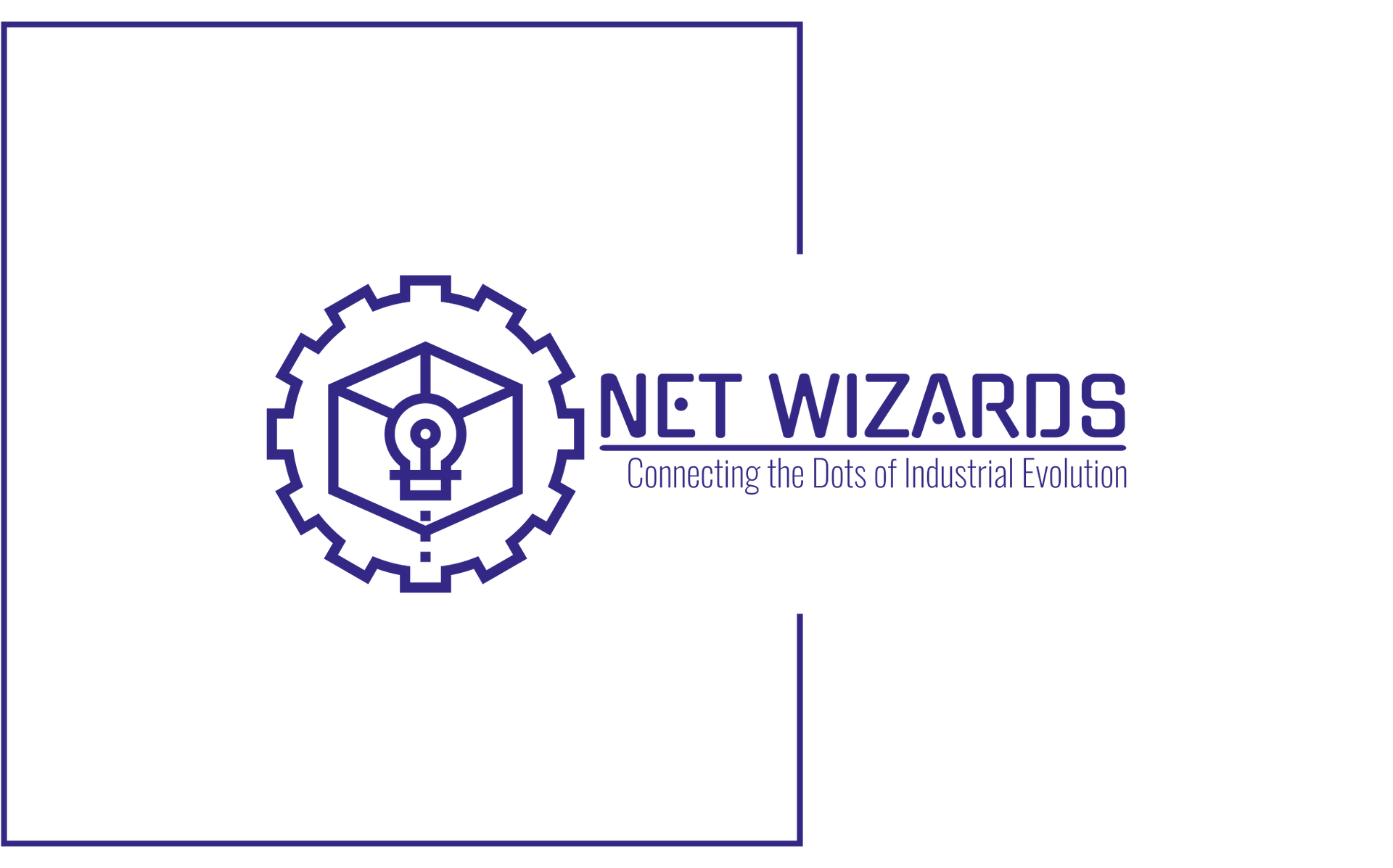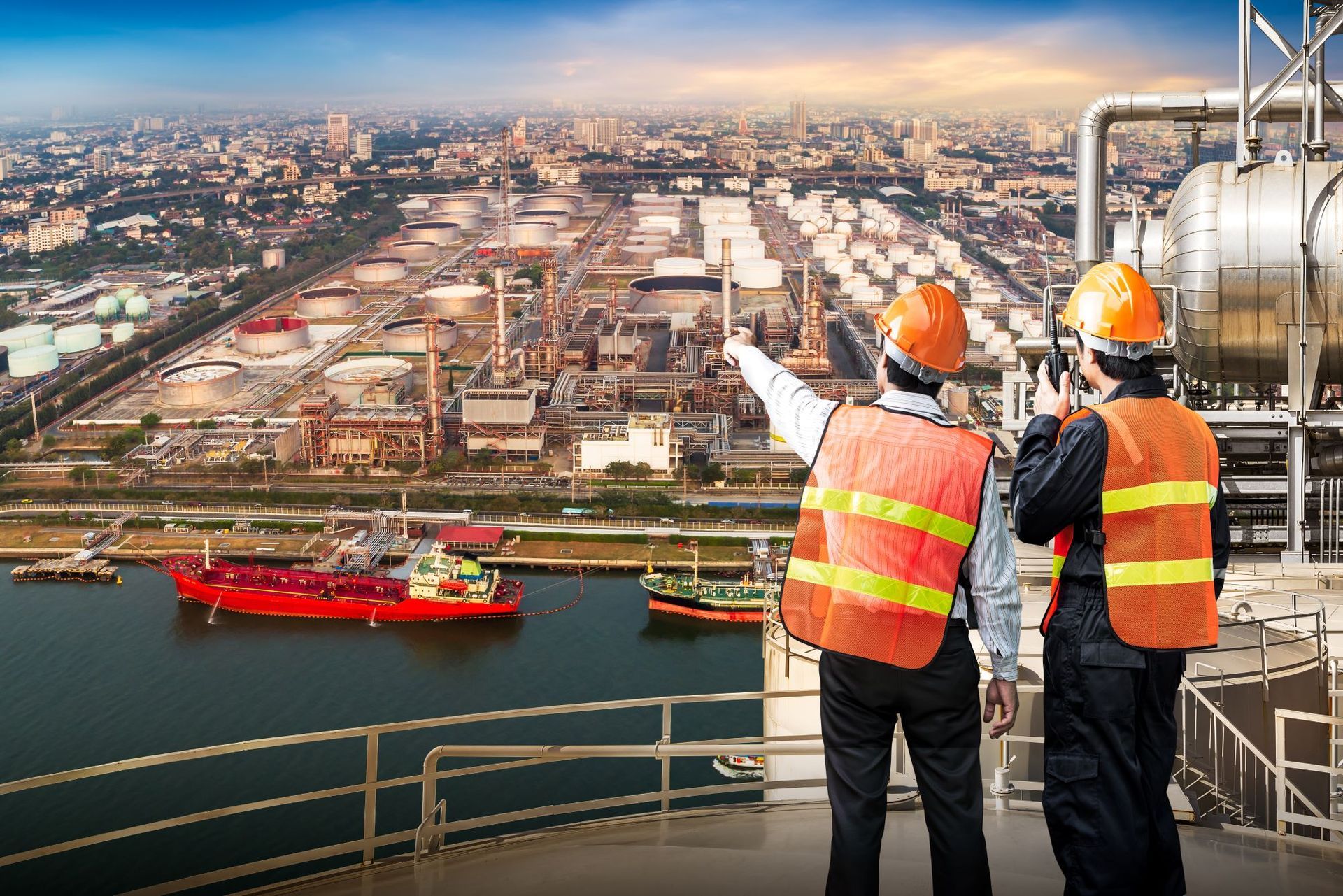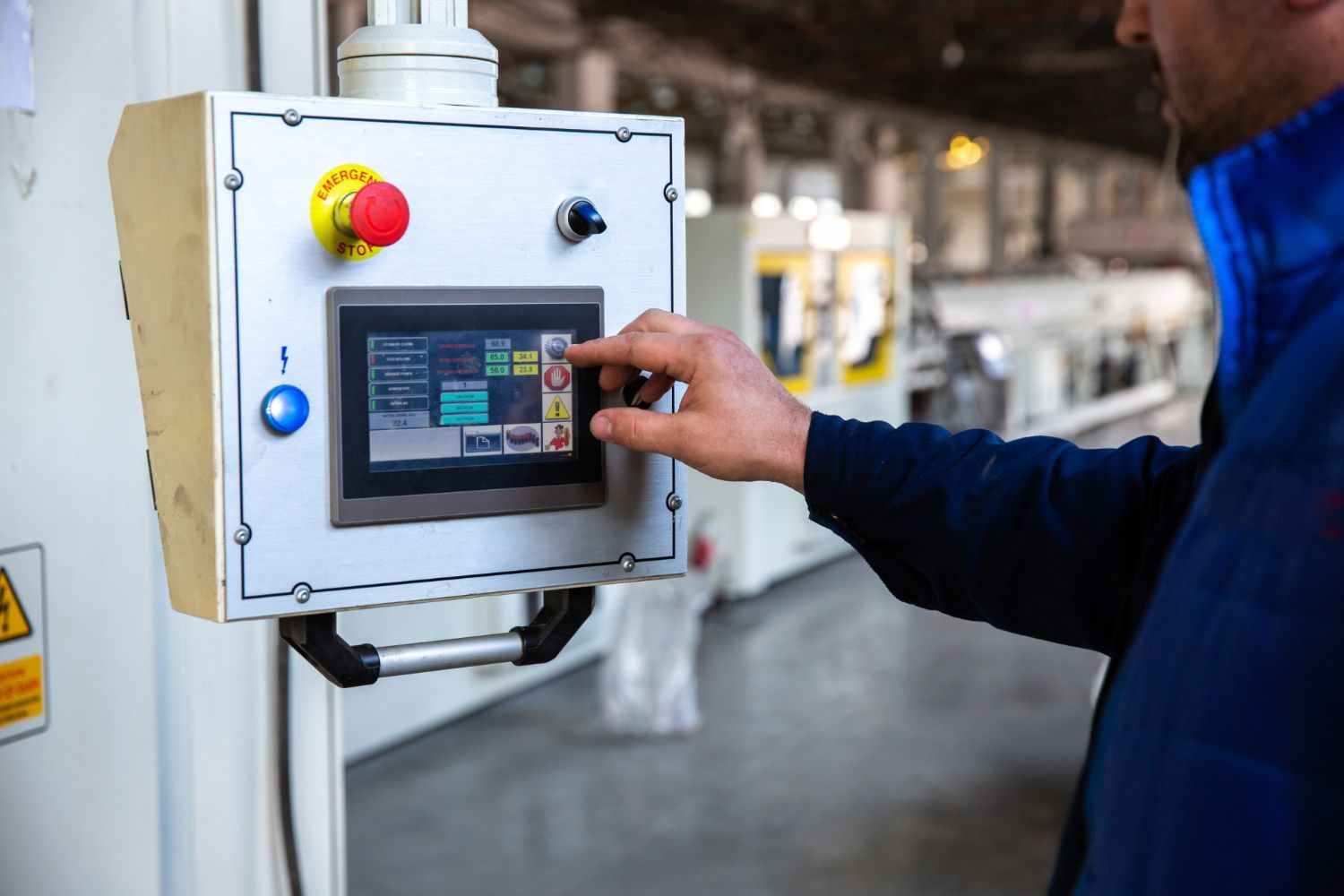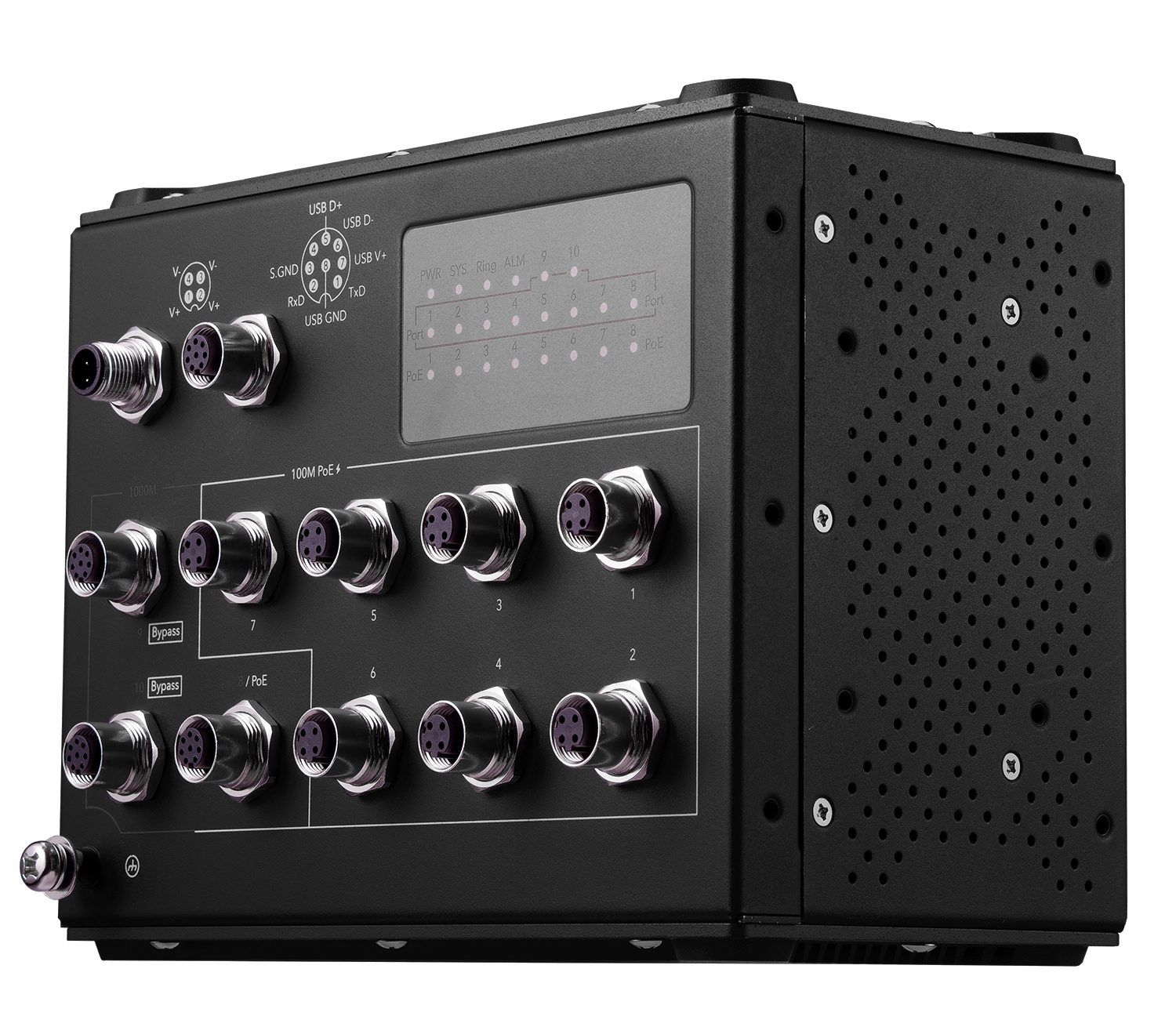Understanding Industry 4.0: The Fourth Industrial Revolution
At the core of every modern industrial advancement lies the profound influence of Industry 4.0. Often referred to as the Fourth Industrial Revolution, Industry 4.0 revolutionizes manufacturing and production industries by integrating digital technologies, automation, the Internet of Things (IoT), artificial intelligence, and more, into operations. It represents a radical shift from traditional manufacturing, promoting interconnectedness and real-time data acquisition and analysis.
Industrial Automation
Describe the professors teaching in this field, the types of courses they offer, awards they have won and other information that will interest potential students.
Industrial Networking
ndustrial networking refers to the infrastructure and systems that facilitate communication between various devices, machinery, and computer systems within an industrial environment. It enables seamless integration and data exchange among these devices, making it easier for operators to monitor, control, and optimize industrial processes in real-time.
Industrial Computing
Industrial computing encompasses the use of specialized computers and computing systems that are designed specifically for industrial applications. Unlike standard commercial computing systems, industrial computers are engineered to withstand the challenging conditions commonly found in various industrial environments, such as extreme temperatures, dust, moisture, and vibrations.






